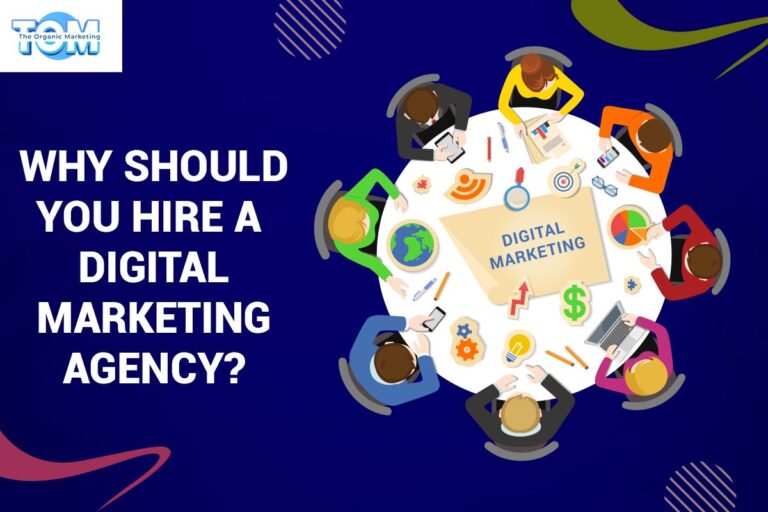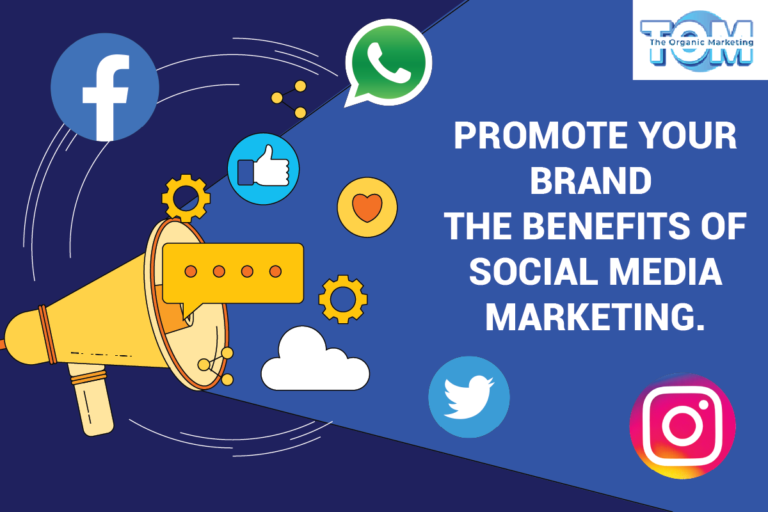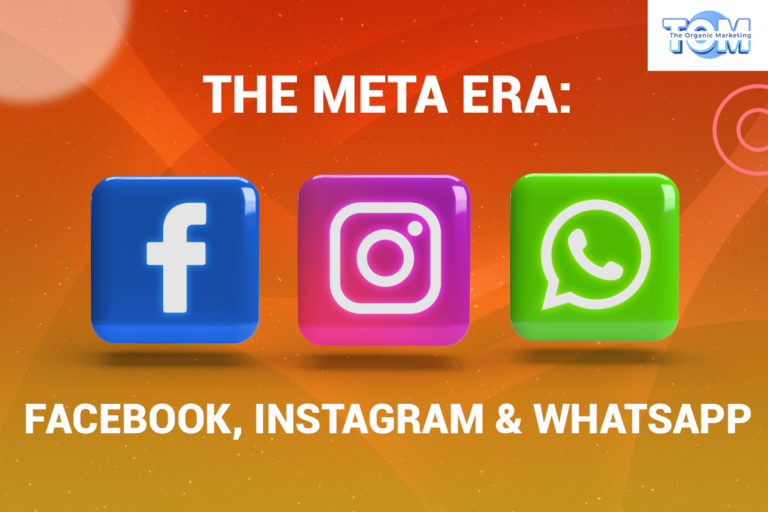Pay-Per-Click Advertising – Everything You Need To Know
In the ever-evolving landscape of digital marketing, Pay-Per-Click (PPC) advertising has emerged as a powerful strategy to drive targeted traffic and achieve specific marketing goals. Whether you’re an individual, influencer, or simply looking to enhance your online presence, understanding the dynamics of PPC can offer valuable insights into leveraging its potential.
What is PPC?
In the digital marketing strategy known as pay-per-click (PPC) advertising, marketers are charged a fee each time their ad is clicked. It’s a method of purchasing website visitors as opposed to obtaining them naturally. PPC ads are displayed on search engines, social media platforms, websites, and other digital channels, providing a direct link between businesses and their potential audience.
How Does PPC Work?
The PPC system is based on an auction where advertisers bid on relevant keywords. When users search for those keywords or phrases, the search engine displays the ads at the top or bottom of the search results. Pay-per-click advertising refers to advertising where users are only charged when they click on an ad.
How to Optimize PPC Ads?
Strategic Planning:
- Define clear goals and objectives for your PPC campaign.
- Identify your target audience and their preferences.
- Research and select relevant keywords based on user intent.
Creative Content:
- Craft compelling ad copy that highlights the value proposition.
- Use a strong and relevant call-to-action (CTA) to encourage clicks.
- Utilize ad extensions to provide additional information or options.
Visual Appeal:
- Create visually appealing and relevant ad visuals.
- Ensure images or graphics are of high quality and resonate with your audience.
- Maintain consistency in branding across visuals and ad copy.
Landing Page Alignment:
- Ensure your ad content aligns seamlessly with the landing page.
- Provide a consistent user experience from ad click to post-click.
- Match keywords and messaging to the content on the landing page.
Keyword Optimization:
- Continuously review and refine your list of keywords.
- Use negative keywords to prevent irrelevant clicks and optimize budget.
- Monitor keyword performance and make adjustments as needed.
Bid and Budget Management:
- Monitor and adjust bids based on keyword performance and competition.
- Allocate budget effectively across campaigns, ad groups, and keywords.
- Configure bid modifications for various platforms, locations, and times.
Targeting Settings:
- Define and refine your audience targeting based on demographics, interests, and behaviors.
- Utilize retargeting to reach users who have previously interacted with your website.
- Try out several targeting strategies to determine the best combos.
Ongoing Monitoring and Optimization:
- Regularly review campaign performance metrics such as click-through rate (CTR), conversion rate, and return on ad spend (ROAS).
- Identify underperforming ads, keywords, or segments and make necessary adjustments.
- A/B test different ad variations to determine what resonates best with your audience.
Ad Testing:
- Try out various headlines, descriptions, and ad types.
- Test various ad elements to optimize for higher engagement and conversions.
- Use data-driven insights to refine your ads and improve their effectiveness.
Importance of Keyword Research for PPC Campaigns
Keyword research is crucial for successful PPC campaigns, identifying relevant and valuable keywords aligned with business offerings and target audience intent, building the campaign’s foundation.
- Resonating with Your Audience: Keyword research helps businesses understand target audience language and search behavior, identifying relevant keywords, and analyzing preferences, pain points, and queries to increase engagement and conversions.
- Targeting the Right Users: Optimizing ad spend by selecting relevant keywords increases campaign effectiveness and generates higher-quality leads by showing ads to users who are most likely to be interested in your offerings.
- Competitor Analysis: Analyzing competitors’ strategies offers valuable insights into keyword selection and campaign tactics. Studying targeting keywords and ad copy helps identify resonated audiences, uncovering missed opportunities, and identifying market gaps for market expansion.
- Borrowing Insights: Drawing inspiration from competitors’ strategies can help refine campaign decisions by observing positive keywords and tactics. This approach leverages existing data and insights to inform keyword choices, providing a competitive edge and clear direction for PPC campaigns.
- Adapting and Evolving: Keyword research is an ongoing process requiring adaptation and evolution. As search trends, user behaviors, and market dynamics change, so should your keyword strategy. Regularly monitor performance and adjust based on new data and insights to maintain relevance and effectiveness in PPC campaigns.
Benefits of PPC
- Instant Visibility: PPC ads provide instant visibility on search engines and platforms, ensuring your content reaches your target audience immediately.
- Targeted Reach: PPC allows precise targeting based on demographics, location, interests, and behaviors, maximizing the relevance of your ads.
- Cost Control: Advertisers have control over budgets, bids, and ad placements, enabling efficient spending based on performance.
- Measurable Results: PPC campaigns offer detailed performance metrics, allowing advertisers to track clicks, conversions, and other key data for analysis.
PPC advertising provides a unique way to connect with your audience in a competitive digital world. Understanding its core concepts allows individuals and marketers to harness its potential and achieve goals in the evolving landscape. PPC is adaptable and can be tailored to suit various objectives and audiences.
To get more details on Pay Per Click Advertising, contact The Organic Marketing, one of the leading digital marketing agencies, now!






